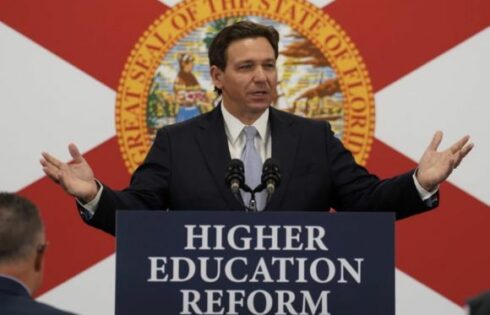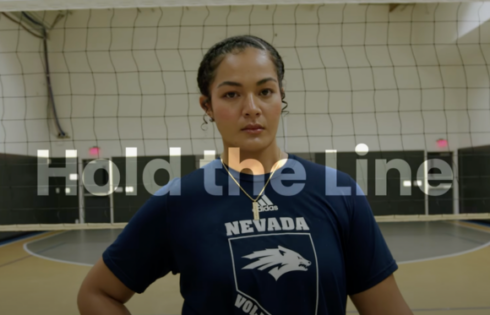 If there’s one constituency that doesn’t like President Obama much right now, it’s young libertarians.
If there’s one constituency that doesn’t like President Obama much right now, it’s young libertarians.
Although NATO announced Thursday they would take control of enforcing the no fly zone operation in Libya, the U.S. and other nations will continue to launch strikes against Moammar Gaddafi in the interim. Until that happens, President Obama will likely continue to take heat from both sides of the aisle.
Some conservatives and humanitarian interventionists wanted Obama to intervene weeks ago; since the no fly zone began, Republicans have increasingly criticized the lack of clarity in the mission, while liberal Democrats have criticized the constitutionality of military action without congressional consent.
And many young libertarians are upset with any military action in the country.
“It’s unconstitutional,” said Bonnie Kristian, Communications Director for YAL, a national network of student groups and the continuation of Students for Ron Paul. “We don’t have the money, Libya didn’t attack us, and many Libyan rebels have made it clear that they do not want us there.”
“In general, libertarians have a non-interventionist foreign policy,” said Kristian. She sees the Libyan no fly zone as the U.S. stepping beyond the bounds of its own affairs.
“It seems odd to me that we’re bringing peace and democracy by the sword,” said Vincent Patsy, a member of the University of Michigan Young Americans for Liberty chapter.
The sentiments are somewhat against popular opinion. Earlier this week, a CBS poll put U.S. adult support for the airstrikes at 68 percent, with 50 percent approving of Obama’s handling of the situation (29 percent disapprove). A Gallup poll had 47 percent in support of the attacks, against 37 percent who do not.
But the concern over yet another conflict with minimal U.S. interest at stake—and, for some, a pacifist streak—leaves many young libertarians outside in the cold on the Libya mission.
At the Michigan State University, the College Libertarians hosted an anti-war protest. The protest was planned well in advance of recent events; its purpose was to signify the need for a reassessment of US’s foreign policy. Coincidentally, the event was held the week after the first air strikes on Libya.
“We had a few students ask if the protest was about Libya,” said Kolin Karchon, the founder of the group. “And yes, it sort of turned into that, but it was really about raising awareness for smarter foreign policy.”
Others are quick to note they’re not isolationists.
“None of us should be shy to condemn Gaddafi and his oppressive regime,” said Matt Schmitto, Campus Coordinator for Students for Liberty, another libertarian group, and a student at Texas State University. “But in the same way that libertarians recognize that bigger government at home doesn’t always mean better results, we recognize the same when it comes to big government abroad and an aggressive foreign policy.”
In lieu of U.S. military intervention, though, the libertarians are a little short on the ground when it comes to practical solutions for these kind of situations.
Karchon believes the US should “encourage peace and the idea of a peaceful resistance,” and encourage the freedom of protest.
“[United States citizens] should all be vocal in opposition to governments that do not support economic and personal freedom abroad,” said Schmitto. “The best way to spread freedom is by example, not with air strikes and no-fly zones.”
But the top imperative, according to Kristian, is getting out of Libya.
“(The U.S.) shouldn’t have another long-term engagement, especially when there is not much of an objective,” said Kristian.
Stephanie Wang is a staff writer for the Michigan Review. She is a member of the Student Free Press Association.
Like The College Fix on Facebook / Follow us on Twitter





Please join the conversation about our stories on Facebook, Twitter, Instagram, Reddit, MeWe, Rumble, Gab, Minds and Gettr.